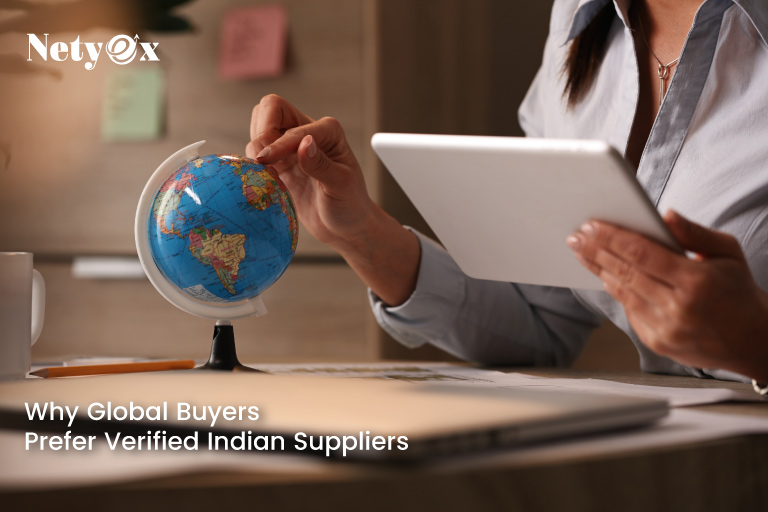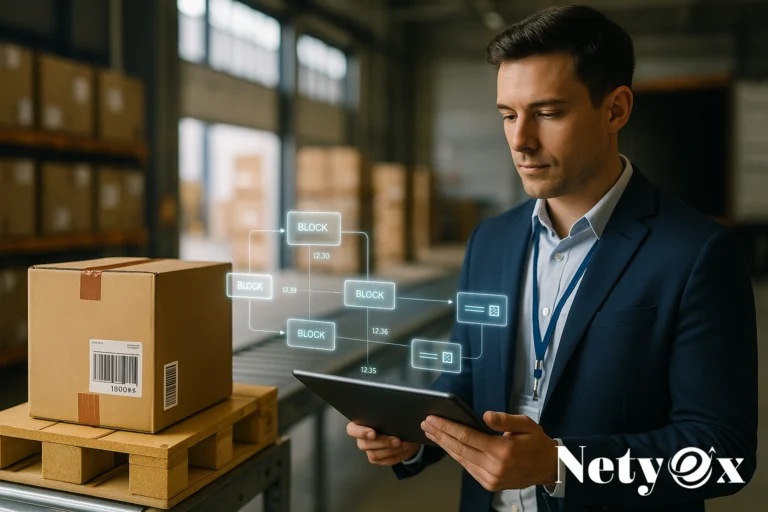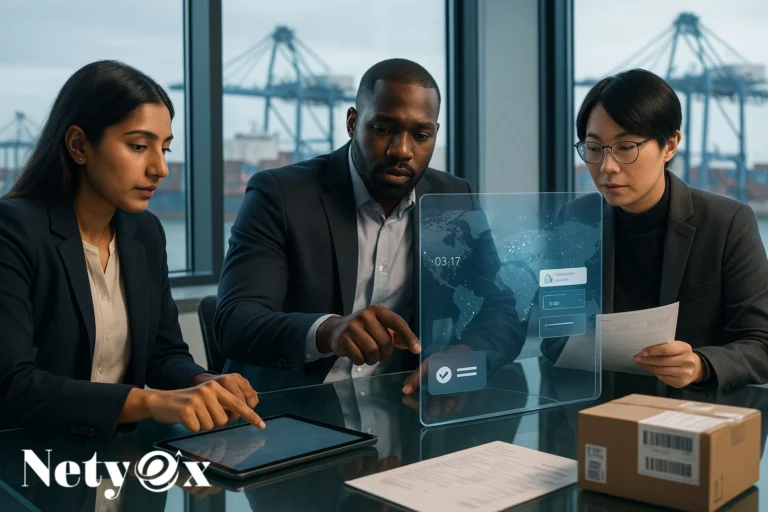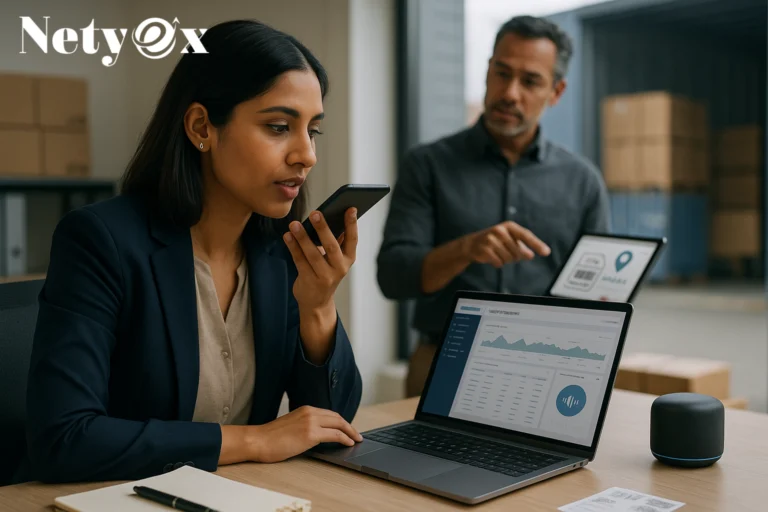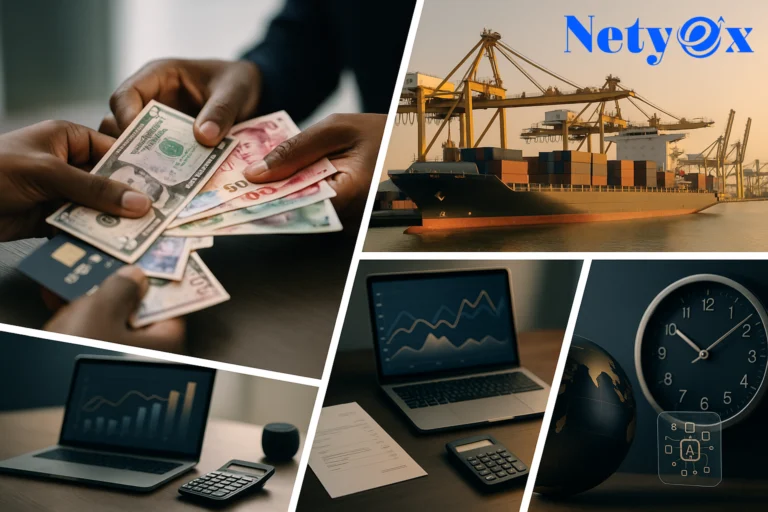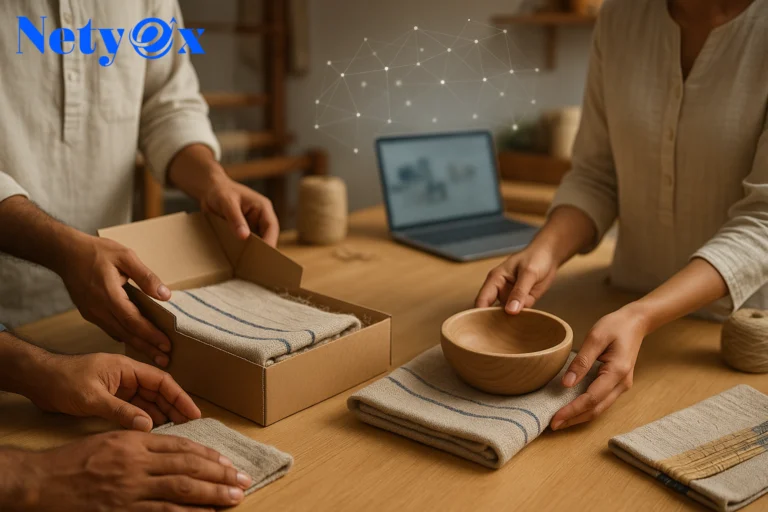Introduction to Verified Indian Suppliers
India has become a powerhouse in the global supply chain, offering a wide variety of products — from textiles and garments to IT services, engineering goods, and pharmaceuticals. But in today’s competitive international trade environment, verification of suppliers is more important than ever. Verified Indian suppliers stand out because they bring together trust, quality, and compliance, giving global buyers the confidence they need in every transaction.
Overview of India’s Role in Global Trade
India is the world’s fifth-largest economy and a top exporter of textiles, gems, software, and industrial machinery. With low production costs, skilled labor, and government-backed initiatives, Indian exporters are consistently expanding their global footprint.
Importance of Verification and Supplier Credibility
In global trade, one of the biggest concerns for buyers is credibility. Choosing an unverified supplier can expose buyers to fraud, poor-quality products, or delayed shipments. Verified Indian suppliers overcome this hurdle by undergoing quality checks, certification processes, and compliance measures, which reassure buyers of their reliability.
Growing Global Demand for Indian Products
The rise of Indian suppliers in global markets is not accidental — it’s driven by multiple factors.
Competitive Pricing Advantage
Indian manufacturers enjoy cost advantages due to affordable labor, raw material availability, and efficient production systems. This enables them to offer competitive prices without compromising on quality.
Diverse Product Categories
Global buyers are drawn to the diverse range of Indian exports, including:
- Textiles & Apparel – Renowned for craftsmanship and affordability.
- IT & Software – India is a hub for outsourcing and innovation.
- Engineering Goods – From auto parts to industrial machinery.
- Pharmaceuticals – Known as the “Pharmacy of the World.”
Rising Reputation of “Made in India”
Over the years, “Made in India” has gained recognition for quality, reliability, and ethical production standards. International brands collaborate with Indian suppliers not just for cost, but also for innovation and long-term partnerships.
The Concept of Verified Suppliers
For global buyers, “verified suppliers” are not just a label — they’re a guarantee of authenticity and reliability.
What Makes a Supplier “Verified”?
A supplier is considered verified when their business licenses, certifications, and credibility are authenticated by trusted trade bodies, government agencies, or reputed online platforms.
Certifications, Quality Checks, and Compliance Standards
Verification often includes:
- ISO certifications for quality management.
- Compliance with global safety and labor standards.
- Export-import registration and trade licenses.
Role of Trade Portals and Government Initiatives
Platforms like IndiaMART, TradeIndia, and Alibaba offer verified supplier badges. Similarly, the Indian government’s export promotion councils ensure only credible businesses represent India abroad.
Why Global Buyers Trust Indian Suppliers
The preference for Indian suppliers comes from multiple advantages beyond pricing.
Consistent Quality and Adherence to Global Standards
Verified Indian suppliers follow international benchmarks, making their products acceptable in markets like the US, EU, and Middle East.
Ethical Manufacturing and Sustainability Practices
With the growing demand for sustainable trade, many Indian suppliers adopt eco-friendly production methods, fair labor practices, and green certifications.
Strong Customer Service and Communication
English proficiency, cultural adaptability, and responsive communication make Indian suppliers easy to work with for global buyers.
Advantages of Working with Verified Indian Suppliers
When it comes to international trade, choosing the right supplier can make or break a business deal. Verified Indian suppliers give global buyers a strong sense of confidence.
Reduced Risks of Fraud and Scams
One of the top concerns in cross-border trade is fraud. Verification reduces the risks of fake businesses, ensuring that buyers deal only with legitimate, registered companies that follow ethical practices.
Faster Negotiations and Transparent Processes
Verified suppliers often come with pre-checked documentation, licenses, and certifications. This saves time in due diligence, allowing buyers to move quickly with contracts, price negotiations, and shipping agreements.
Long-Term Partnerships and Reliability
Unlike one-off transactions, verified suppliers build long-lasting business relationships. Their reliability in terms of delivery schedules, product consistency, and after-sales support makes them ideal partners for global companies.
Case Studies of Success Stories
Indian Textile Suppliers in European Fashion Markets
India’s textile industry has long catered to Europe’s fashion houses. Verified Indian suppliers in states like Gujarat and Tamil Nadu deliver sustainable fabrics, supporting luxury and fast-fashion brands alike.
Engineering Exports to North America
Engineering goods such as auto parts, pumps, and machinery from India are in high demand in the US and Canada. Verified suppliers ensure compliance with stringent North American quality and safety standards.
IT Outsourcing Partnerships Worldwide
Global giants like Microsoft, IBM, and Accenture have worked with verified Indian IT service providers for decades. India’s skilled workforce and trust in verified vendors drive billions in outsourcing contracts.
Role of Digital Platforms in Verification
Technology has revolutionized the way buyers verify suppliers.
B2B Trade Portals Like IndiaMART, TradeIndia, Alibaba
These platforms offer verified supplier badges after background checks, document validation, and sometimes even physical inspections. For buyers, this provides a clear signal of trust.
Use of AI, Blockchain, and Digital Certifications
New-age technologies are strengthening verification. Blockchain records transaction authenticity, while AI scans supplier data to detect red flags. Digital trade certificates further validate authenticity.
Challenges in Global Trade and How Verification Helps
Despite India’s growing reputation, challenges remain in global trade. Verification helps mitigate many of them.
Counterfeit Products and Supplier Fraud
Some exporters may misrepresent product quality. Verification acts as a filter, ensuring buyers connect only with authentic suppliers.
Compliance with International Regulations
Different markets impose strict rules on safety, packaging, and labeling. Verified Indian suppliers are more likely to stay updated and compliant.
Ensuring Supply Chain Transparency
Global buyers increasingly demand traceability and transparency in supply chains. Verification allows monitoring of sourcing practices, raw material origins, and environmental impact.
How Indian Government Supports Verified Suppliers
The Indian government has been proactive in strengthening the credibility of exporters.
Make in India and Export Promotion Schemes
The Make in India initiative positions Indian suppliers as global leaders by promoting high-quality manufacturing and offering incentives for exports.
MSME and Startup Support Initiatives
India’s Micro, Small, and Medium Enterprises (MSMEs) are encouraged with subsidies, certifications, and international trade support programs.
Trade Fairs and International Collaborations
Events like the India International Trade Fair (IITF) provide verified suppliers with a platform to connect directly with global buyers.
Future of Verified Indian Suppliers in Global Markets
The next decade looks promising for Indian exporters, especially verified suppliers.
Growing Influence of Sustainability Certifications
Buyers are increasingly looking for eco-friendly and ethical sourcing. Suppliers with sustainability certifications will gain a competitive edge.
Expansion into Emerging Economies
Beyond the US and EU, verified Indian suppliers are expanding into Africa, Latin America, and Southeast Asia, where demand for affordable and reliable products is rising.
Role of Digital Trade in Future Verification
E-certificates, AI-driven audits, and blockchain-based supply chains will redefine how buyers trust Indian suppliers in the future.
Frequently Asked Questions (FAQs)
1. What does “verified Indian supplier” mean?
A verified Indian supplier is a business whose credentials, certifications, and credibility have been authenticated by recognized trade platforms, government agencies, or independent auditors.
2. Why do global buyers prefer verified suppliers over unverified ones?
Verified suppliers minimize risks of fraud, ensure product quality, comply with international standards, and provide transparency in transactions.
3. How do Indian suppliers get verified?
They undergo checks through trade portals like IndiaMART and government export councils. Verification includes documentation, licenses, certifications, and sometimes physical audits.
4. Are verified Indian suppliers cost-effective?
Yes. Indian suppliers already offer competitive pricing, and being verified adds a trust layer without significantly increasing costs.
5. Which industries benefit most from verified Indian suppliers?
Industries such as textiles, IT, pharmaceuticals, engineering goods, and handicrafts rely heavily on verified suppliers for international contracts.
6. How does verification help in building long-term business partnerships?
It fosters trust, transparency, and reliability, which are essential for sustainable business relationships across borders.
Conclusion
Global buyers prefer verified Indian suppliers because they represent the perfect balance of affordability, quality, and trust. With India’s rising reputation in global trade, the role of verification has become even more important to ensure transparency, compliance, and long-term partnerships.
As digital platforms, government initiatives, and global sustainability goals reshape trade, verified Indian suppliers are set to dominate the international market in the coming years. For buyers, this means access to reliable partners who can deliver consistent value and innovation.



